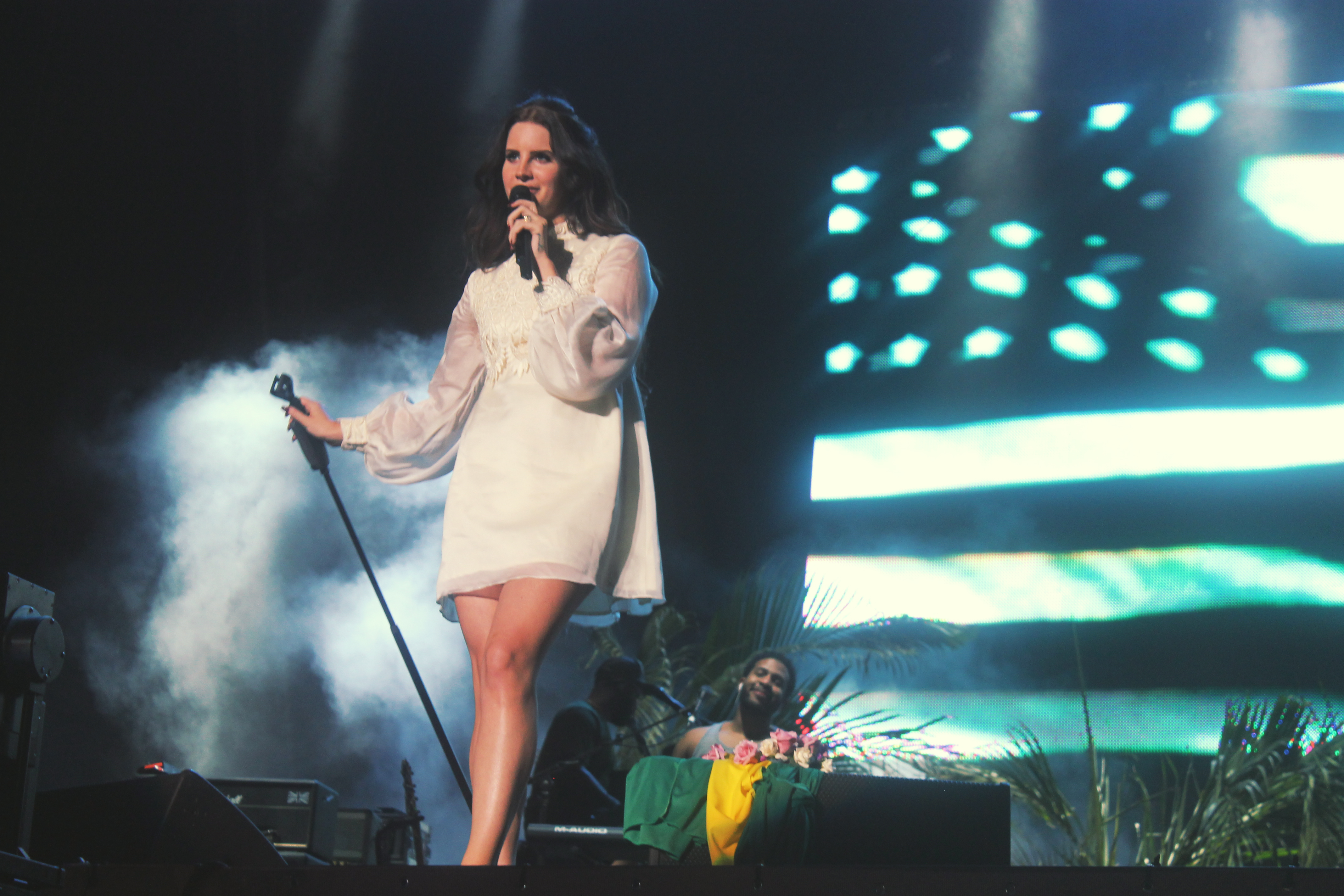“I am not a travel agent promoting tourism for each country I go to”, said Lana Del Rey in a recent riposte on Twitter, amid pressure to cancel her performance in Tel Aviv in protest against the actions of the Israeli government.
Travel agent she may not be, but performing in a country which has just legalised the treatment of Arab-Palestinians as second-class citizens doesn’t exactly send out the right message.
The singer later tweeted a statement announcing her decision to postpone the performance until she was able to perform in both Israel and Palestine, recognising that it was important to treat her fans in both countries equally. I believe this was the best compromise to an issue beset by political polarisation.
On the one hand, the policies of the right-wing government under Benjamin Netanyahu should not be taken to reflect the opinions of the Israeli population, many of whom oppose the systematic oppression of non-Jewish citizens. In this case, it seems unfair for them to be punished. Equally, artists who perform in Israel are not necessarily endorsing Netanyahu or his policies.
The problem is, however, that Netanyahu is likely to endorse them. Take Radiohead, for example. Last year, the British band defied critics and went ahead with their gig in Tel Aviv, arguing that ‘music is about crossing borders not building them’. Cue a succession of triumphalist tweets from Israeli government organisations, diplomatic missions and even right-wing commentators from the US, quoting the band’s comments about music transcending borders and trumpeting their performance as a victory against Israel’s critics. So, while Radiohead went ahead with their gig on the grounds of not politicising music, this is exactly what it resulted in.
The issue of artists performing in Israel has become even more divisive recently, with the passing of a controversial bill by the Israeli government declaring that only Jews have the right of self-determination. The legislation essentially demotes Israel’s Arab minority to the status of second-class citizens, leading many to argue that it is tantamount to state-sponsored apartheid. There has been widespread international condemnation of the bill by the European Union, Israeli civil society organisations and the Jewish diaspora alike.
In the context of such an inflammatory policy, I think a cultural boycott of Israel acts as an effective non-violent means of protest. Indeed, Lana Del Rey’s cancellation of her concert drew international attention to Israel’s violation of international law and the plight of Palestinians. This is a success in itself. Had she gone ahead with her performance, the Israeli government might have capitalised upon it in order to project a ‘business as usual’ image abroad and distract attention away from its abhorrent treatment of Palestinians.
I’m not saying that all artists should refuse to play in Israel. Rather, I think it’s important for the likes of Radiohead and Lana Del Rey to accept that, whether they like it or not, they are public figures and their performances will inevitably be politicised in such a politically charged context.
One can criticise a boycott for being divisive and exclusionary, as Radiohead’s Thom Yorke did – and of course, they are by their very nature. However, this does not mean one should ignore the treatment of Palestinians altogether. Instead of dismissing the debate, artists should engage with it and try to find a middle ground. This could be in the form of a donation to a Palestinian NGO or a charity working in Palestine, or a commitment to playing in both Israel and Palestine, as Lana Del Rey has agreed to do. To some, these may seem like purely symbolic gestures but in my opinion, making this kind of compromise is the most sensitive way of handling what is a deeply divisive issue.
Anita Pant
Image courtesy of Wikipedia.

